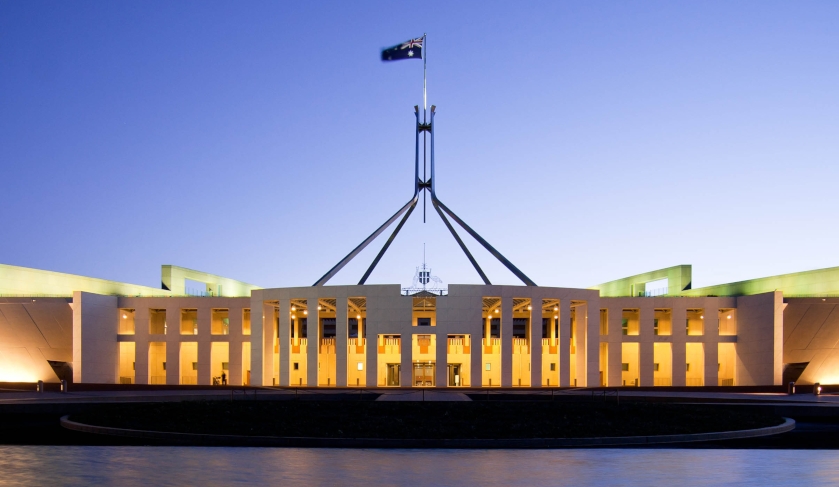Senator Penny Wong attacked the Morrison government over its handling of the China crisis at a recent book launch, but did her comments manage to land a blow?
To continue reading the rest of this article, please log in.
Create free account to get unlimited news articles and more!
Earlier this week, Labor’s shadow minister for foreign affairs Penny Wong spoke at the launch of Peter Hartcher’s new book Red Zone. Hartcher, the political and international editor at The Sydney Morning Herald wrote Red Zone to analyse Australia’s place relative to China’s growth, including the security and economic impacts of China’s rise to power on Australia.
Following the event, Senator Wong received backlash due to her criticism of the Morrison government’s handling of Australia’s relationship with China.
“Then there is of course the headline-grabbing public rhetoric, whether in the form of wolf warrior diplomats, or hysterical pronouncements from the Global Times,” she said.
Throughout the speech, Senator Wong landed several attacks on the government’s handling of the ongoing China debate.
“It would take childlike naivety to think these interventions were a coincidence, or to think the Morrison government isn’t deliberately encouraging anxiety about conflict,” Senator Wong later remarked.
“But it would represent a monumental and catastrophic failure of leadership to see that anxiety realised.
“It was a prime minister in this government that thought President Xi would turn China into a democracy.”
Michael Shoebridge, director of ASPI’s defence, strategy and national security program, analysed the backlash in ASPI’s The Strategist this week.
“Even though Wong’s speech at a Canberra book launch included protestations of structural bipartisanship, it’s a risky and unfortunate path to take at a time when Australia desperately needs a cohesive national policy on China,” Shoebridge wrote.
Indeed, Shoebridge argues that Australia is fortunate that many largescale decisions regarding Chinese influence had been supported by both the Coalition and Labor, including influence on the 5G network, oversight on foreign investment and acknowledging China’s human rights violations.
“The idea that discussion of a potential conflict between China and other nations — including the US and allies like Australia — if Beijing uses its military to seek to unify Taiwan with the mainland by force is all about domestic politics, though, is wrong,” Shoebridge continues.
Senator Wong quotes Natasha Kassam and Mark Harrison to liken government comments about the possibility of war to “hysteria”.
Shoebridge however outlines that, “last year, he called on the People’s Liberation Army to focus on preparing for war and visited numerous military units. One was the PLA’s marine corps, which has a primary role of conducting amphibious assaults against islands. He exhorted them to prepare for war and to focus on being able to use force against Taiwan. In January, he issued a mobilisation order requiring the entire armed forces to ‘focus on war preparedness and to be primed to fight at any second’”.
Regarding Wong's accusations, the 2013-14 Gillard budget proposed spending 1.55 per cent of GDP on Australia’s defence force. In terms of spend relative to GDP, this marked the lowest spending on defence from any government since 1938 (this figure and benchmark was suggested by the Australian Strategic Policy Institute and fact checked by Andrew Carr in The Conversation).
Meanwhile, the period from 2007-2013 also saw an ongoing back and forth regarding Australia’s relationship with China.
In 2008, then prime minister Kevin Rudd – under whom Senator Wong served as minister for climate change, energy efficiency and water – called China “a true friend”. In 2009, Rudd felt a change of heart saying that “those Chinese f**kers are trying to rat-f**k us”.
In this period of our nation’s history, Australia’s key decision makers cannot quarrel over one upmanship but must come together to strengthen Australia and the nation’s defence establishment. It's far too easy to argue among each other, but the mark of a strong democracy is the ability to operate as one.
Get involved with the discussion and let us know your thoughts on Australia's future role and position in the Indo-Pacific region and what you would like to see from Australia's political leaders in terms of partisan and bipartisan agenda setting in the comments section below, or get in touch with

 Login
Login







